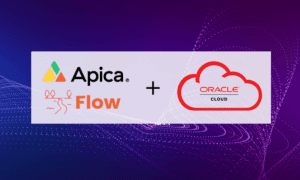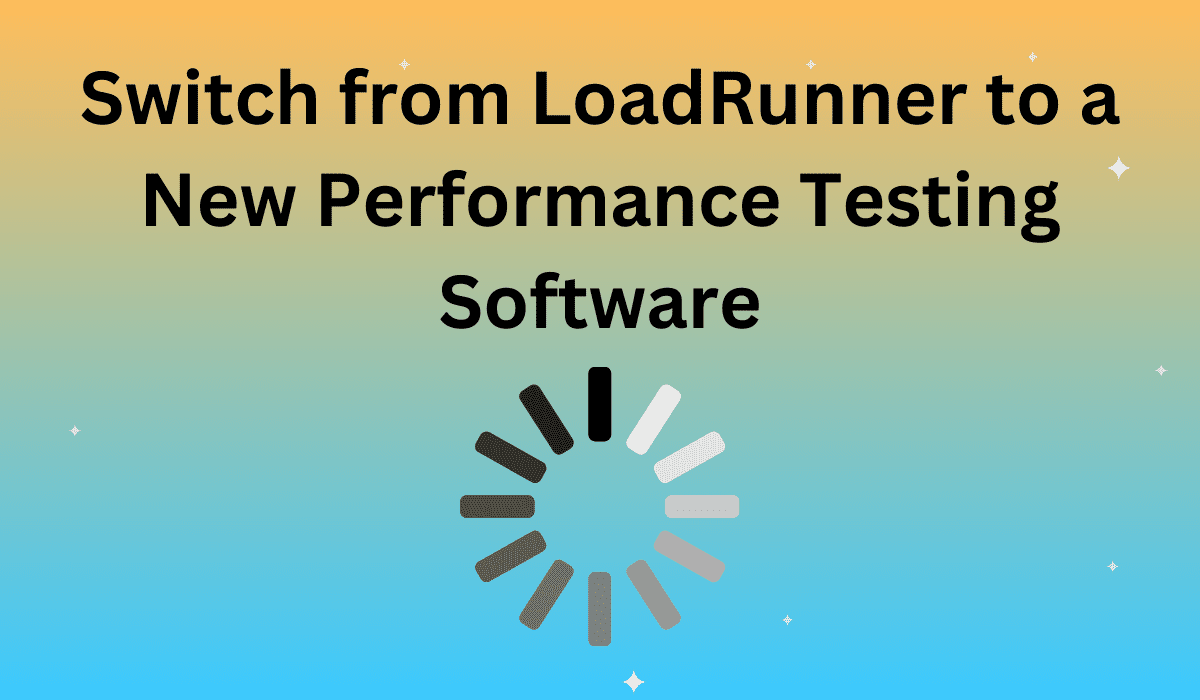With the continued growth of applications being used in and out of an organization, getting a firm grasp on the performance of these devices and its impact on your environment is important. With this shift in applications everywhere enterprises need to do their due diligence in testing complex modern applications at scale, often and at a lower cost to stay competitive.
Understanding the market and this massive growth in applications, having a modern performance testing platform will ensure you can test streaming, API-based, and XML-based applications including set-top boxes and game stations among other application types in DevOps friendly way.
With this growth and added complexity how are your legacy performance testing solutions like LoadRunner keeping up with a modern world where testing is mixed effort between different groups and scripting is the foundation for automation.
The short answer is that they aren’t. Legacy performance testing platforms have their place and are still required to ensure past investments can be monitored. But today’s enterprise application performance requires the ability to test advanced functionality as well as make scripting easier and support automation. The scale load testing for many applications is also now reaching record high capacity levels.
We have been watching this trend for years and have seen a major shift left in performance testing market. To keep up with the testing demand there are a number of feature requirements needed in order to be called a modern performance test and monitoring platform:
- Full functionality on the Script level matching LoadRunner capabilities –Advanced scripting such as automatic variable assertion, inner-outer loops control, expert java native code support, certificates and Windows authentication, full control of load execution, team support for projects and script management and CI/CD processes.
- Support a wide variety of devices and application types–The platform should be optimized to support multiple devices, implementations, and Operating Systems. including iPhones/ mobile devices, set-top boxes, game stations, and IoT devices.
- Scripting simplicity–the script generation tool should provide support for both easy-to-use script and graphical user interface (GUI) options creating scripts with minimal time and effort. DevOps Users should also be able to access code and or YAML style directly for advanced scripting, including full API support for all functions
- Cloud, on-premises, or hybrid–Users should be able to use the same test platform and scripts from the cloud, on-premises, or via a hybrid model.
- Built for DevOps–Rich API support for test automation and command control of the full test process should allow the integration between Operations and Development to be as seamless as possible.
- Built-in correlation, either as a standalone solution or integrated with other platforms–Solutions should offer unique correlations to integrate metrics with cloud platforms, APM solutions, and similar products to provide detailed insights into the actual source of a detected performance or availability problem.
- Mega-scale load testing–load testing should scale up to millions of users within seconds to emulate the speed and scale of virtually any high-profile event worldwide
- Security-related load testing–The solution should be able to simulate Distributed Denial of Service (DDoS) attacks based on both volume and malware traffic patterns. This allows users to validate and simulate diverse types of traffic for defense systems and services while concurrently simulating normal system loads.
With all of these “Shift Left” features it is clear that you need to implement a new breed of application and performance testing, but you have invested so much into a legacy tool?
Whether you are using HP LoadRunner test tool or another legacy testing platform you can quickly see that they no longer have the capabilities needed to keep up with the modern application-driven world. Apica is that modern solution that will help you meet the speed, scalability and stability requirements to ensure your applications perform as expected.
You may be asking yourself – How do I switch performance monitoring platforms to best serve the current investments or What do I do with all of my customized scripting that currently monitors everything?
Apica is the answer, we take everything from a native LoadRunner solution and automate the process to convert your monitoring scripts and import them right into our platform so you can continue to leverage the scripting through the Apica language. This means you can conserve your investment while implementing the modern performance monitoring you need.
It is time to make the switch to support new modern technology while continuing to drive performance on existing investments. Apica is a modern platform that supports more devices while supporting legacy solutions. Having the right high-level performance testing solution creates a stronger business advantage and will put you ahead of the game in a very competitive environment.
You can make the switch from legacy to modern investments easily with Apica.
>>To learn more about Apica Scripting Tools click here








